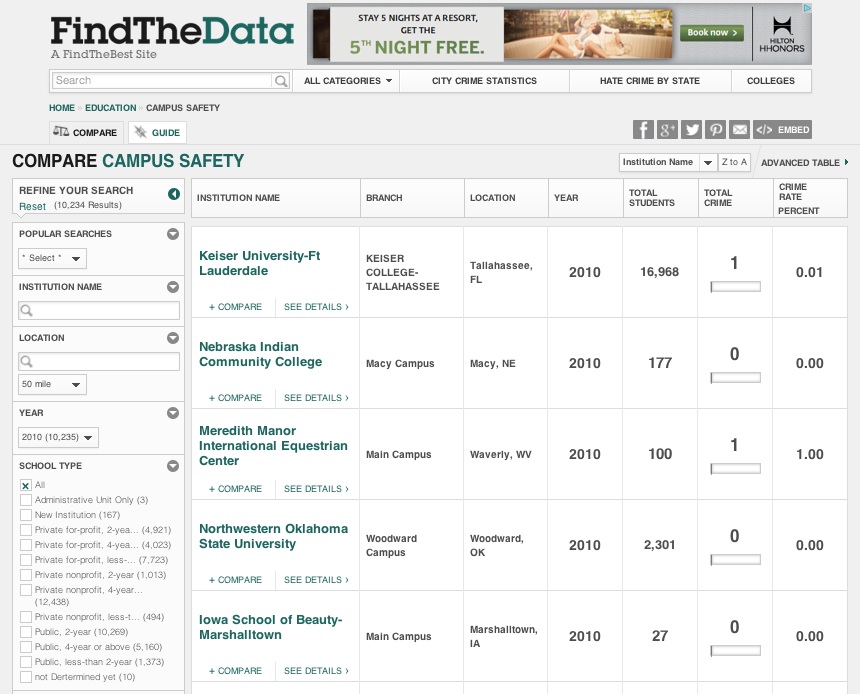 Most college students with disabilities have a strong desire to be treated just like everyone else. They don’t want special treatment or attention that will single them out and make them an oddity amongst their peer group. This is often true whether the disability is obvious, such as paraplegia, blindness, deafness, and so on, or it is one that other students can’t readily identify, including learning disorders like dyslexia and ADD. And yet, college students with disabilities have certain legal rights when it comes to special services provided on campus (although they may vary by state).
Most college students with disabilities have a strong desire to be treated just like everyone else. They don’t want special treatment or attention that will single them out and make them an oddity amongst their peer group. This is often true whether the disability is obvious, such as paraplegia, blindness, deafness, and so on, or it is one that other students can’t readily identify, including learning disorders like dyslexia and ADD. And yet, college students with disabilities have certain legal rights when it comes to special services provided on campus (although they may vary by state).
These laws are meant to protect those who must live with disabilities from suffering discriminatory treatment, and they also aim to level the playing field so that every student might receive the same opportunities and education. Even if your disabled children aren’t keen to take advantage of laws that pertain to them during their time in college, you should still take the time to do your research and make them aware of the laws out there that protect them and further their interests. We will discuss just a few legal rights that every parent of disabled children should know about before sending them off to college.
The main federal law in place to protect students with disabilities is the Americans with Disabilities Act of 1990 (with amendments made in 2008). The ADA is ostensibly a law to protect any American with a disability from discrimination. It is more commonly referred to for instances of discrimination in the workplace, but there are also sections of the law that protect disabled students from discrimination at all state, local, and private institutions of higher learning. Students are also protected by the Rehabilitation Act of 1973; specifically Section 504, which states that any program that receives financial assistance from the federal government is prohibited from discriminating against persons with disabilities.
These laws not only mean that there can be no discrimination in the admissions process, but they also require campuses to provide for reasonable accessibility. This could mean adding ramps or elevators in buildings to accommodate students with disabilities that limit their mobility, or providing sign language translators for students that are deaf and note-takers for those that are visually impaired. However, these laws also apply to students with learning disabilities, which means campuses have to make adjustments for college kids that have issues like reading or math disorders, ADHD, and in some cases emotional problems like anxiety or depression. In these cases, additional services like tutors are provided, or students are allowed additional time to take tests, for example.
Of course, before students can claim these rights they must first be identified as having a qualifying disability. Such a diagnosis can be obtained through trained medical professionals. But if you think your student suffers from a learning disorder, for example, many colleges also provide testing meant to identify issues like dyslexia and dyscalculia (in case you can’t afford outside examination). Once your kids qualify as students with disabilities, they should be eligible for consideration under the law as such, which means any discrimination they encounter during their time on campus is illegal. Although you might not want to hire a leading law firm (like http://www.gullands.com) to go after the school, knowing the legal protections available to your kids can certainly help you to ensure fair treatment during their time in college.









